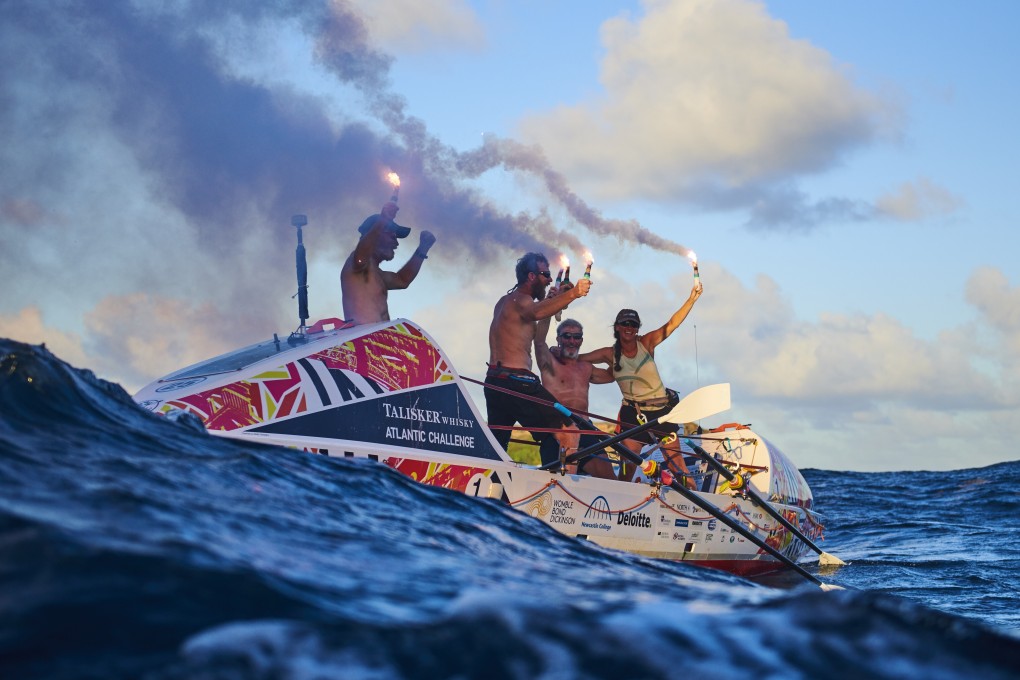Coronavirus lockdown sparks isolation challenge as ocean rower prepares for Northwest Passage world first
- Phil Kite will spend 12 days in his garage, rowing for two hours, sleeping for two hours, to replicate sea conditions and raise money during coronavirus

Phil Kite had exhausted every avenue trying to keep himself occupied during coronavirus when he decided to lock himself in his garage for 12 days straight.
The UK-based adventurer is preparing to become the first person to row the Northwest Passage, as part of a team in July 2021, and will replicate the two hours on, two hours off shifts in his garage on a rowing machine.
“It was last week I thought, what the hell can I do? I don't want to do any more decorating or gardening,” Kite, 54, said.
Of his 12 teammates, three are on the front line of the coronavirus battle. Kenneth Valles is a doctor in the US, Daniel Kritzinger is a doctor and Daniel Lobjoit is a paramedic, both in South Africa. The isolation challenge is a mark of solidarity: “I think it's good that we as a team are supporting them. The big thing at the moment is showing support for the guys on the front line.”
Starting on May 4, Kite hopes to complete the full 3,218km distance of the Northwest Passage, the Arctic route that links the Atlantic to the Pacific over Canada when the sea ice retreats for summer. Each of the other team members will also row for two hours a day each, to add to the total.
The team will raise money for four charities – Mind, Stroke Association, Daft as a Brush Cancer Patient Care and St Oswald's Hospice, along with funds for their own expedition.